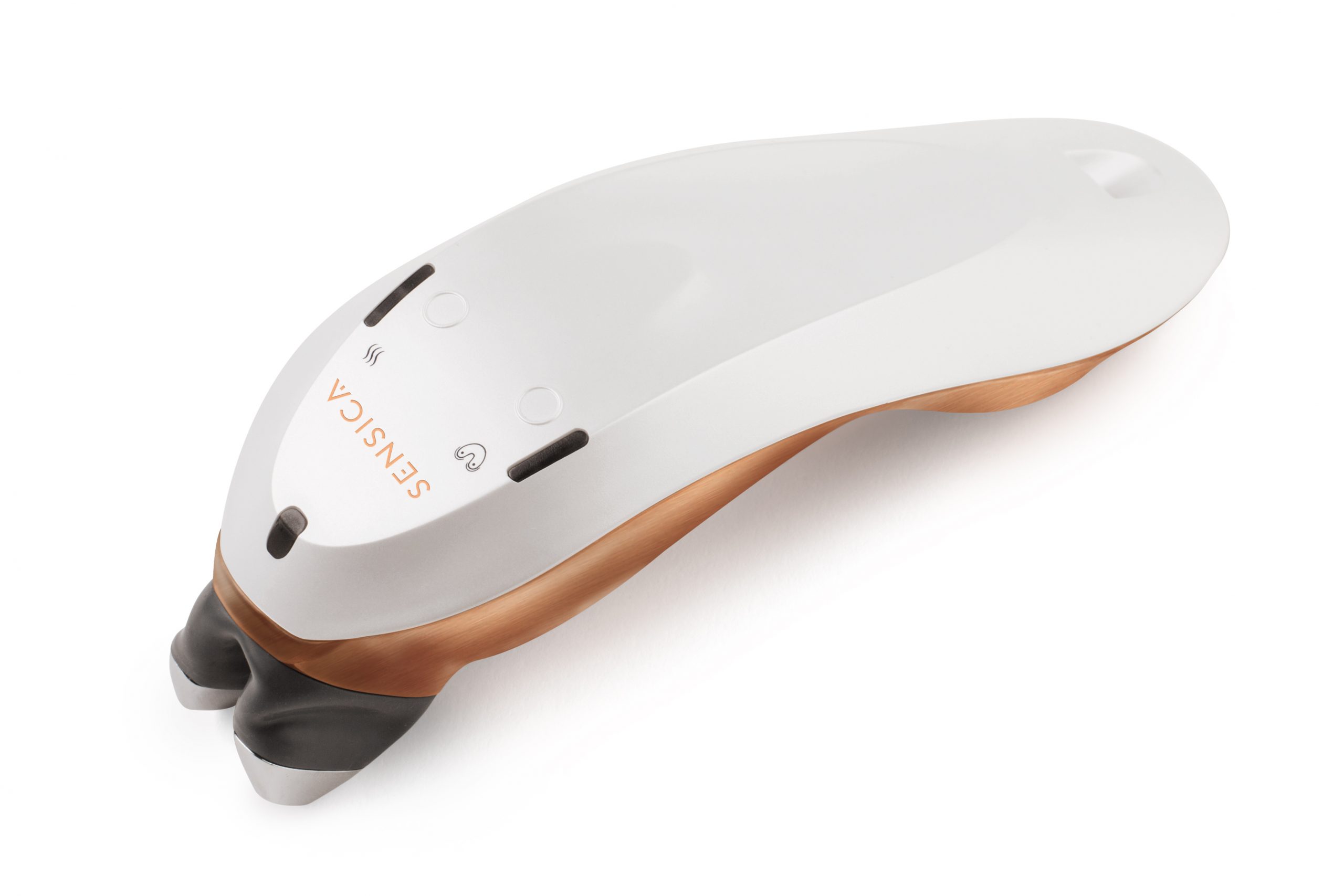Wherever you look, whether it be in skincare shopping aisles, in magazines or online you will see the term ‘anti-ageing’. We have always had an interest in looking good for our age, perhaps now more than ever with the evolution of social media. The term itself has been debated in more recent times, ‘anti-ageing’, what exactly does that mean to you? For me personally I have no issue with the term as it is a helpful marketing term when used on skincare products. If you are looking for a cream to address your lines and wrinkles and you find one labelled as ‘anti-ageing’ you can pretty much guess that it will be appropriate for you. However if I think about the term literally, I am not anti-the ageing process. Age is a gift and shouldn’t be looked upon as a negative.
When thinking about celebrities who look really good for their age, they are not the ones who have had multiple cosmetic procedures, they are the ones who radiate health. This has fascinated me throughout my career in dermatology. Slowly I have seen a shift from aesthetic procedures, such as botox and fillers, being the way to ‘fix’ your skin aging concerns, to more of a focus on skin health. Don’t get me wrong, there is still a place for cosmetic procedures but results are much better when paired with a great skincare regime. First address your skin, if skin is healthy and radiant you’ll be surprised at what a positive impact this can have on the way you feel.
There are a number of changes which happen within the skin as we age. Collagen production slows down for a start. Think of collagen as scaffolding for your skin, propping it up. When this depletes wrinkles become more obvious. Skin also becomes thinner as we age which means that vessels and pores become more visible. Hyaluronic acid, a current buzz word in skincare, is found abundantly in our skin but this also depletes with age which results in skin becoming dryer.
Why do some people appear to age better than others? Genetics has a lot to answer for and also lifestyle factors. Smoking and drinking alcohol are both known to have negative effects on the skin but did you know that the main cause of premature skin aging is sun exposure? We refer to this as photoaging and shockingly up to 90% of signs of premature skin aging are caused by UV exposure. UVA is mostly responsible for this, causing DNA damage which leads to dark spots (hyperpigmentation) on the skin.
So when thinking about how to look after your skin from an anti-aging perspective, it’ll come as no surprise that my first recommendation is to wear sunscreen. In my opinion, it is pointless spending lots on money on antiaging skincare products if you are not protecting yourself from the sun. Choose a sunscreen you like using, make sure it is an SPF 30 or above and that it is broad spectrum which means it protects against both UVA (responsible for aging) and UVB (responsible for burning).
Next up consider introducing an antioxidant to your skincare regime. Vitamin C is perhaps the most obvious and popular choice. Antioxidants help to protect the skin by reducing free radical production. Sounds like a chemistry lesson right? Hang on in there and let me explain. Environmental factors like pollution, cigarette smoke and the sun trigger the formation of free radicals. These essentially break down collagen and can lead to inflammation within the skin (think wrinkles and acne breakouts). Antioxidants help your skin to fight this free radical damage so consider including one in your morning skincare routine.
Another key skincare ingredient for anti-aging is retinol (also known as Vitamin A). I’m sure you will have heard of this one. We’ve been using it in dermatology for years but more recently it has become ‘the’ ingredient for skincare brands to include. There is good reason for this as it is clinically proven to be one of the most effective skin transforming ingredients. Retinol can improve uneven skin tone, reduce the appearance of enlarged pores and minimize wrinkles. A lot of people associate retinol with skin irritation and rightly so. Initial side effects from introducing this ingredient can include redness, flakiness and peeling skin. To help reduce these side effects remember to start low and start slow! By this I mean start with a weak strength retinol and introduce it gradually, twice a week initially, slowly increasing until you can tolerate daily use.
And finally another way to improve the appearance of your skin is to consider introducing a skincare tool or device. Salon based facialists use different technologies during facials to deliver results, some of these are accessible for use at home. Radio Frequency is a prime example of this. RF stimulates collagen production which in turn reduces the appearance of fine lines and wrinkles so skin is left smoother and firmer. The Sensilift uses clinically proven Dynamic Radio Frequency (DRF). Dynamic refers to the massaging element this device incorporates whilst delivering radio frequency. This combination maximizes the effectiveness of the RF waves, allowing them to reach deeper layers of the skin more evenly. A device like this, when used frequently, will enable to you achieve salon results at home.
To summarise we can’t stop skin ageing but this shouldn’t be seen as a bad thing. No one should be judged by the lines that appear every time they smile. Our faces tell a unique story. What we do have now though, is choice. With skincare ingredients and technologies improving, we can actively address any issues should they bother us. So whether you choose to age gracefully or not, you can choose to keep your skin looking radiant.



